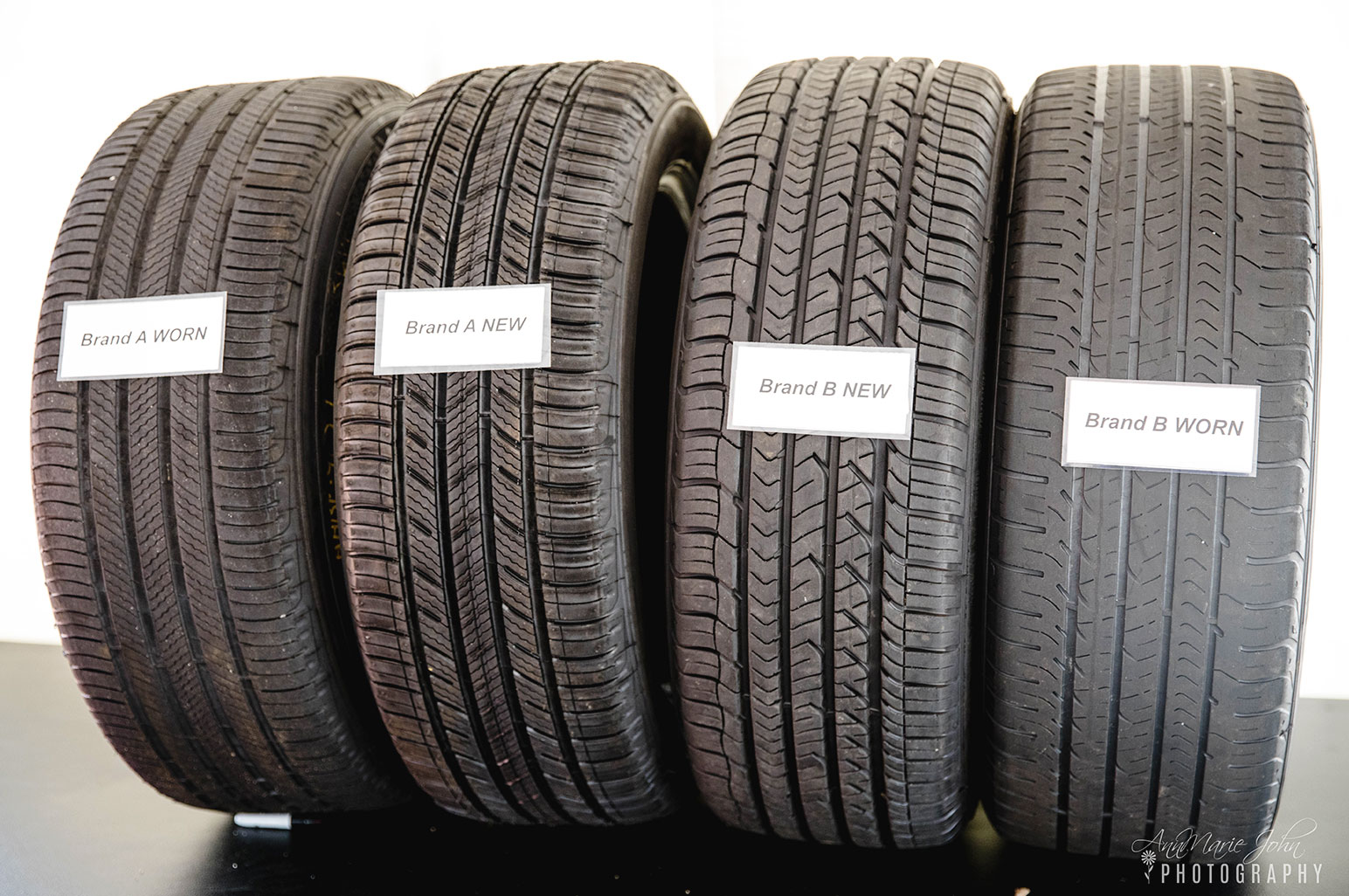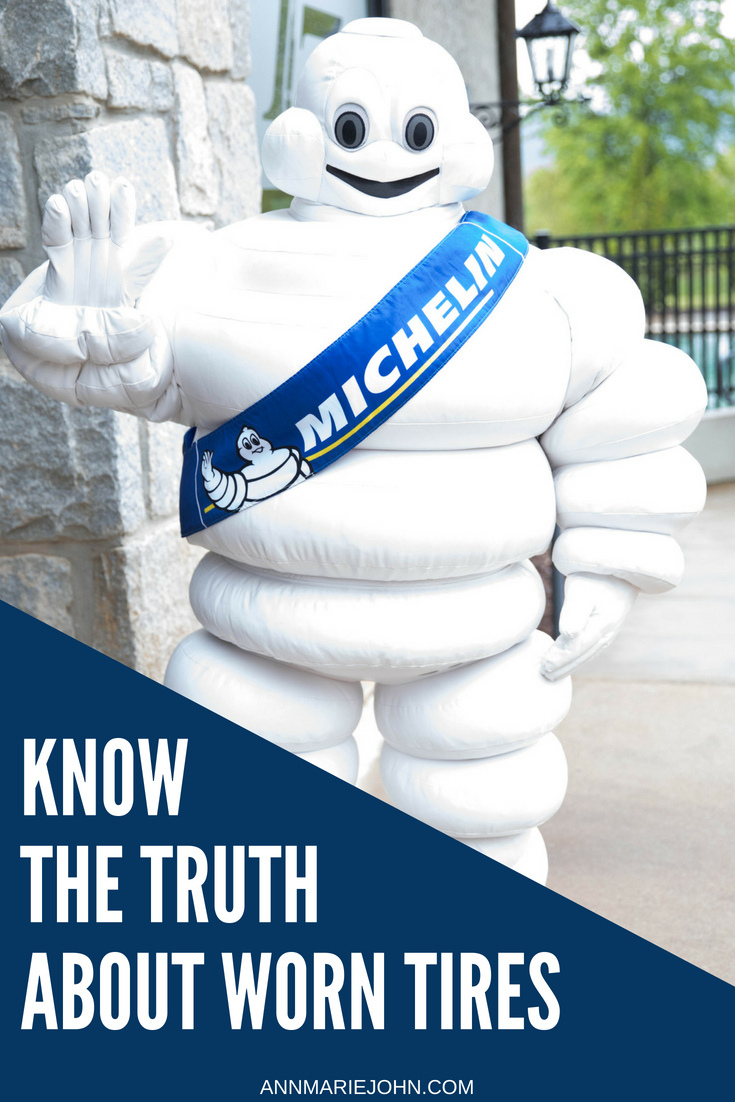This post has been long overdue, but I wanted to find the right time to share this vital message with you. Whether you’re a car owner, you lease, or rent, knowing the truth about your worn tires is crucial.

I recently shared a message via Instagram this past Memorial Weekend encouraging everyone to check their tires before going on their weekend trip, but this doesn’t just pertain to Memorial Weekend, but every day!
Summer is here, and for most people, especially those with kids, there may be plans for staycations, vacations, road trips, trips to the zoo, etc. While we tend to place a lot of focus on maintaining our vehicle engines, and we may do the regular checks before leaving on our trip, how much attention do we pay to our tires?

Here’s something to note and something that most may not know: It’s your brakes that stop the wheels, but it’s your tires that stop the car – new and worn. While there’s not a lot of data out there about worn tires, knowing the stopping power of your worn tire should be essential.
Recently, I traveled to the picturesque town of Greenville, South Carolina with MICHELIN® to learn the Truth About Worn Tires. I then visited MICHELIN’s Proving Ground to test worn tires for myself, and the results were very alarming.

The Truth About Worn Tires initiative is a global effort by MICHELIN® to help consumers make better choices and to hold the tire industry to better standards with worn tires.
During my test drive, I discovered that not all tires are created equal and that the wet stopping distance decreases over time as a result of normal wear and tear. When I tested a set of tires, however, I was terrified because the car DID NOT STOP IMMEDIATELY after hitting the brakes. And these tires were new. It got even worse when they were worn.
Sure, your tires can wear down, but your braking performance should not!

Think about it? You’re traveling with your children in your vehicle on your way to Grandma’s house. It’s raining, and while you’re a great driver, the person in front of you may not be. Suddenly, they stop, and you think you’re safe because your tires, purchased six months ago, are excellent, so you immediately hit your brakes. How far will your car travel before coming to a complete stop?
What if you knew that information beforehand?
We, as consumers, tend to base the majority of our tire purchases on price and, in some cases, mileage warranty. And when we read the reviews, it’s mostly about how well the new tire performs; there isn’t any data on performance once worn. Wouldn’t you like to know that information?

While there isn’t information ON worn tires, there are a few things we can do to keep ourselves safe, and routine inspection of your tires is necessary, at least once a month and before/after long trips.
Here are a few things you can do:
1. Check your tire pressure on a regular basis. Underinflated tires can cause your tires to overheat, while overinflated tires can lead to blowouts. They both, however, can lead to premature wear and reduce the performance of your tire.
2. Check the tread of your tires. An easy way to do this is by using the penny test. With President Lincoln’s head facing downwards, insert your penny into the grooves of your tire tread. If any part of his head is hidden, then your tires are OK. If not, then it’s time to replace your tires. (MICHELIN® has a great video that demonstrates how you can do this.)
3. Check for embedded items. Screws, nails, stones, and other debris can become embedded in your tires. If you see them, remove them. In the case of nails, screws, etc., you may want to take your tire to a professional to get it repaired in the event of a leak.
Note: When it comes to leaks, always have them patched by a professional.

If you’ve been hesitant to purchase MICHELIN® tires because of the price or whatever your reasoning may be, think about this: how much do you value your life and that of your family while driving?
Purchase a set of MICHELIN® tires. They are built to perform the same while new and worn. You never have to worry about braking performance since they maintain wet braking performance and handling throughout the life of your tire.
Performance should not have to depend on the depth of your tire tread!
To learn The Truth About Worn Tires, visit MichelinMan.
